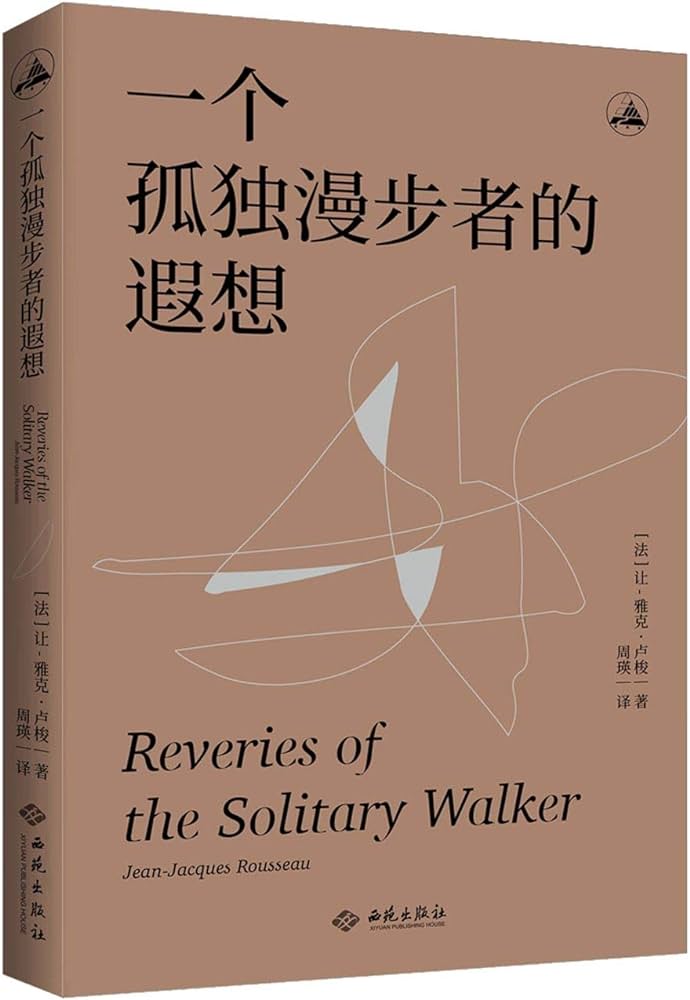WULOLIFE
《一个孤独漫步者的遐想》作者: [法] 让-雅克·卢梭 出版社: 南京大学出版社 译者:袁筱一
《一个孤独漫步者的遐想》作者: [法] 让-雅克·卢梭 出版社: 南京大学出版社 译者:袁筱一
Couldn't load pickup availability
Description
内容简介 · · · · · ·
《一个孤独漫步者的遐想(精)》是让-雅克·卢梭临终前的最后一部作品,也是他留传后世的一部最富特色的不朽之作。作为人文科学奠基人的卢梭,晚年耀眼的声他在对周遭环境深深的厌倦和骨子中的无法舍弃的矛盾心态中,写下这十篇漫步(开创了“散文诗”这一体例),意图平复自己的焦灼,将享受安宁、平静、孤寂说了又说,可字里行间看得出他的矛盾重重、犹疑不决。正是在这样的和自己的对话中,我们看到了人为什么要活?人应该怎样活?人性本善还是人性本恶?……骄傲的卢梭在这十篇漫步中,显得更亲切、感人。
作者简介 · · · · · ·
让-雅克·卢梭(1712—1778,是法国著名启蒙思想家、哲学家、教育家、文学家,出生于瑞士日内瓦一个钟表匠的家庭,是18世纪法国大革命的思想先驱,启蒙运动最卓越的代表人物之一。在哲学上,卢梭主张感觉是认识的来源,坚的观点;强调人性本善,信仰高于主张建立资产阶级的“理性王国”;主张自由平等,反对大私有制及其压迫;提出“天赋人权说”,反对专制、暴政。在教育上,他主张教育目的在培养自然人;反对封建教育戕害、轻视儿童,要求提高儿童顺应儿童的本性,让他们的身心自由发展,反映了资产阶级和广大劳动人民从封建专制主义下解放出来的要求。主要著作有《论人类不平等的起源和基础》 、《社会契约论》、《爱弥儿》、《忏悔录》等。
袁筱一,华东师范大学法语系教授、博士生导师、翻译家,译有《生活在别处》、 《流浪的星星》、《一个孤独漫步者的遐想》、《杜拉斯传》、《致D情史》等。
